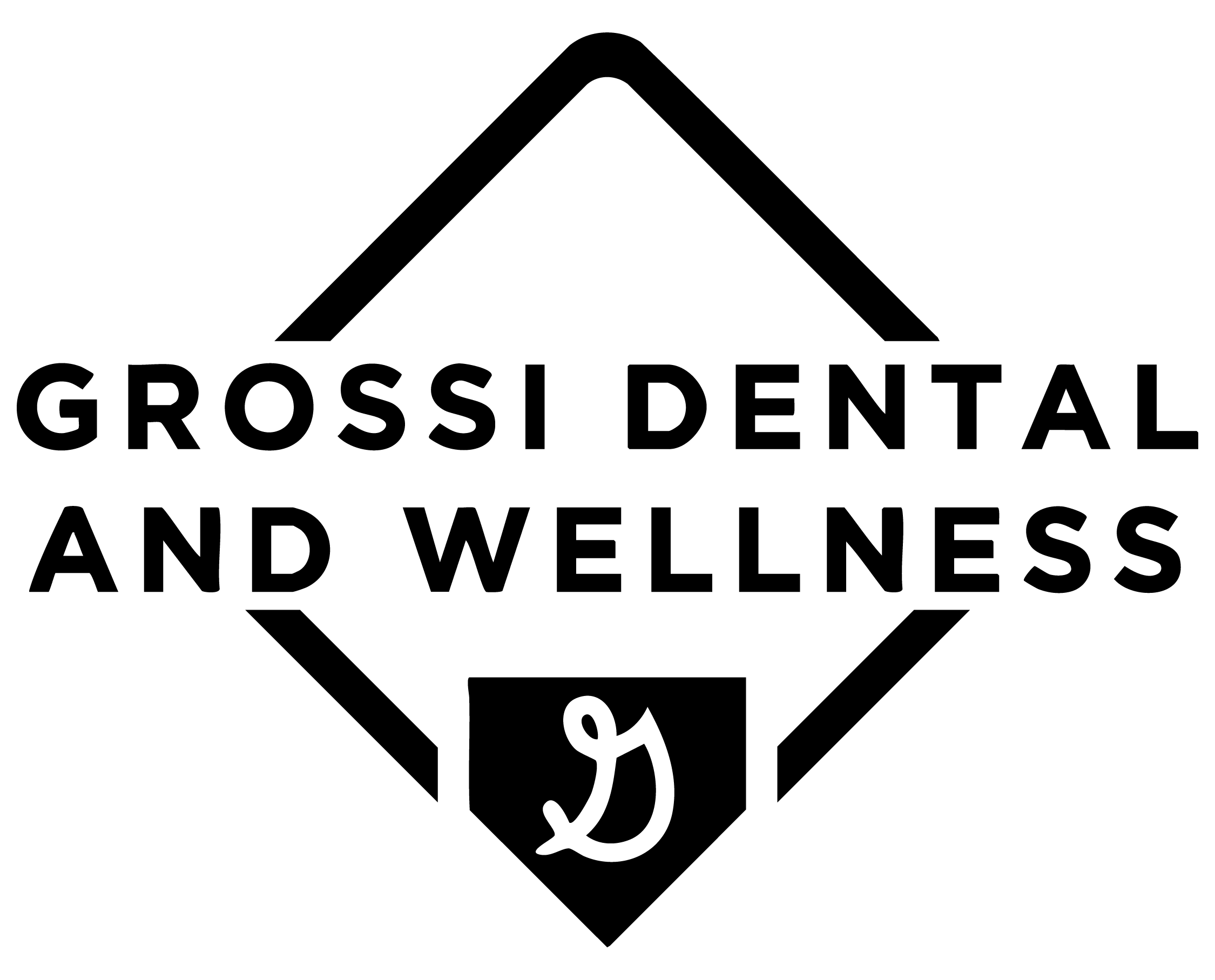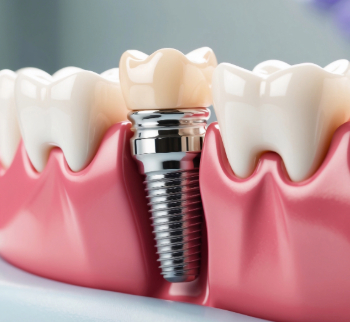Your comfort during dental treatment at Grossi Dental is foremost in our minds. We promise that we will do our very best to help you through any anxieties you may have. The Grossi Dental team takes the time to make sure you understand the dental treatment plan we suggest and why it is important both now and for your dental health in the future. Being a part of the Grossi Dental family means we partner with you to help you achieve total health and wellness. After your appointment, we will help schedule your next dental cleaning or dental treatment with us and send you on your way with a goody bag and a healthier body, mind, or spirit.
Dental Services Flint MI
Schedule a Dental Appointment with Confidence
Conveniently Located Dental Office
We’re located on Gateway Centre Blvd in Flint, MI just off W Hill Rd and across the street from Hill Road Grille and just around the corner from Costco. If you have any trouble finding us, our dedicated team will be happy to help simply give us a call. We are In-Network for most dental insurance plans, and our office will submit claims to all dental insurance plans on behalf of the patient.
For top-quality dental care in Flint, MI, available for every member of the family and all age groups, visit Dr. Grossi and the team at Grossi Dental. We provide a wide range of services, from general, family, pediatric, and preventative dentistry to emergency dental services.

Effective, reliable treatments for patients of all ages.
We help you attain and maintain a healthy mouth, which has a direct impact on the health of the rest of your body. No matter what your needs or goals for your smile may be, the Grossi Dental team is here to help. We look forward to meeting you and every member of your family and helping you take your first steps toward better smiles and healthier lives. Total wellness starts with your oral health.
Take some time to learn more about the services we provide, and when you’re ready to schedule an appointment with our dentists, contact our office.
Our Dental Services

Oral & Maxillofacial Surgery

Cosmetic

Endodontics




